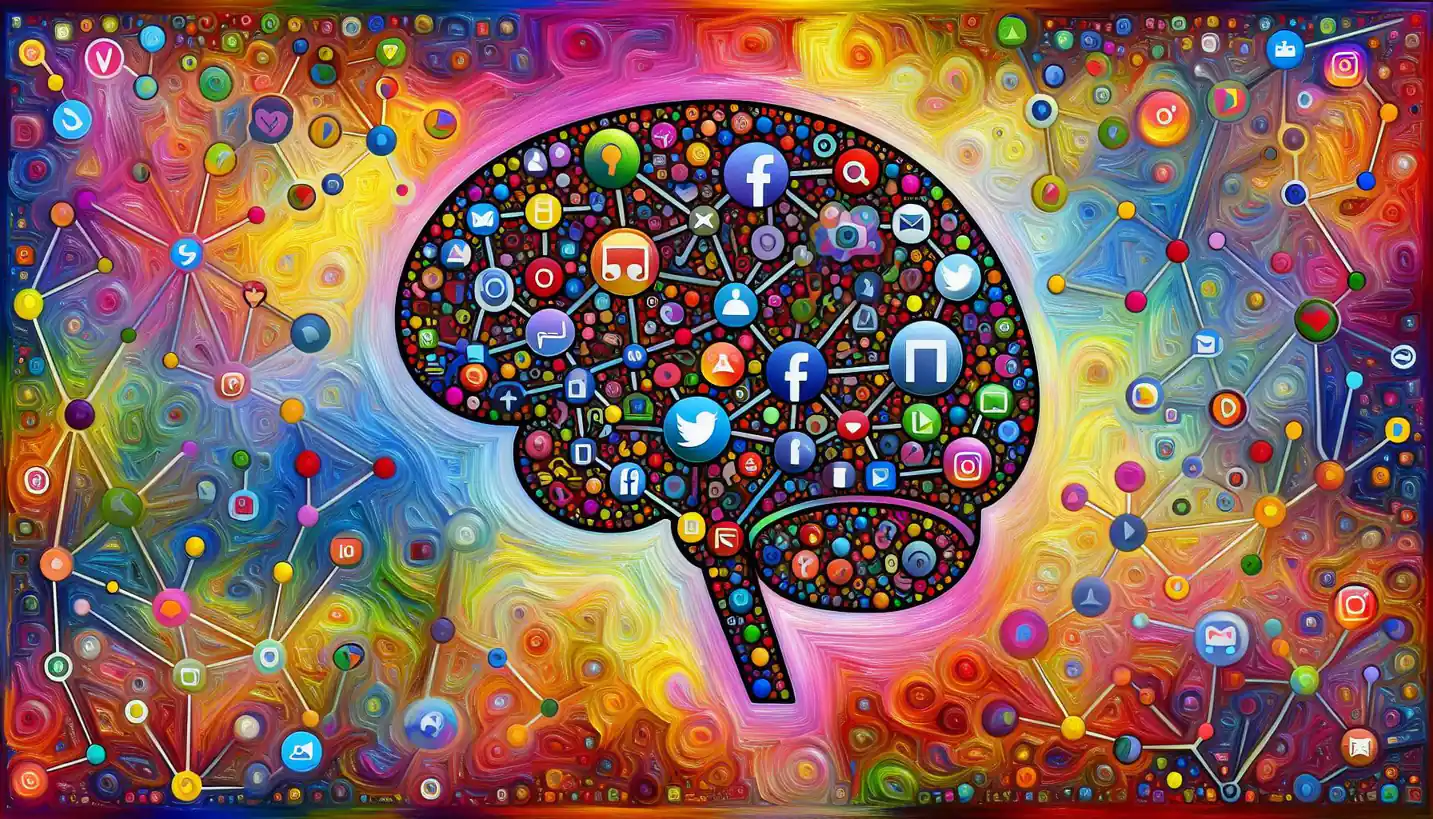· Sociology · 5 min read
Biopower: Exploring Its Influence on Society and the Body
Biopower uncovers the control over bodies through societal norms. Learn how this power shapes identities and influences social behaviors.

In today’s world, we often hear about power in the context of politics or economics. Still, there’s a fascinating concept that digs deeper into the way power influences our day-to-day lives—biopower. This isn’t just some abstract idea; it’s a framework that helps us see how power operates at the most basic level of our lives, especially concerning our bodies.
Understanding Biopower
Biopower is a term coined by the French philosopher Michel Foucault, who was keen on exploring how power isn’t just top-down command and control but is integrated into social practices. Unlike the power that kings or governments wield visibly, biopower is more subtle. It operates through the regulation of populations, health standards, and personal habits.
Foucault was interested in how institutions like medicine, education, and even architecture contribute to shaping and controlling human bodies. These systems quietly influence our choices, guiding us towards what is considered normal or healthy.
The Body as a Site of Control
Think about how many aspects of life are centered around the body. There are guidelines for what we eat, how much exercise to get, and even how long we should sleep. These guidelines come from research and advice from experts like doctors and scientists. But Foucault would ask: who’s creating these norms, and why do we follow them without much question?
This form of control isn’t about restricting freedoms in an obvious way. Instead, it operates subtly, influencing what we consider desirable or acceptable. For instance, health campaigns might encourage regular exercise, but they do so by promoting certain body ideals and lifestyles, shaping how we see ourselves and others.
Historical Context of Biopower
To see how pervasive biopower is, let’s look into its historical roots. During the 18th and 19th centuries, there was a shift in how governments managed people. With industrialization and urbanization, maintaining the health of the population became a priority. This was when birth records, censuses, and public health initiatives started to take form. Governments needed healthy workers and soldiers, so they started to intervene more in personal life.
Hospitals, schools, and prisons became institutions where biopower was exercised. They didn’t just care for, educate, or punish people; they trained bodies to conform to certain standards and behaviors.
Biopower in Modern Society
Fast forward to today, and you can see biopower in action more than ever. Consider healthcare systems that decide how medical resources are distributed based on population statistics and risk factors. Or think about public health policy during pandemics, where governments influence how people should behave to manage disease spread. Masks, travel restrictions, and vaccination campaigns are prime examples of biopower mechanisms.
Biopolitics also ties into issues like body image, where media and cultural norms shape what bodies should look like. Fitness industries thrive by promoting particular body standards, while fashion tells us what looks good. Here, biopower isn’t just about control; it’s economic too, driving markets and consumer behaviors.
The Impact of Biopower on Identity
How we perceive ourselves is often molded by the subtle frameworks of biopower. Consider gender norms, where people learn specific behaviors and roles that society deems appropriate. Biopower influences these perceptions and expectations, guiding individuals to fit certain molds.
Social media enhances this, allowing the rapid spread of norms and ideals, enforcing what is seen as acceptable or desirable. People curate their online identities to fit these expectations, often internalizing the standards imposed by biopower.
The Ethical and Political Dimensions
With such profound implications, biopower raises important ethical and political questions. Who decides these norms, and whose interests do they serve? It’s vital to question the role of governmental and non-governmental bodies that enforce biopower and what this means for individual freedom and agency.
Discussions about body autonomy, especially in contexts like reproductive rights or end-of-life choices, highlight the tension between individual rights and societal control. Here, biopower reveals itself as both a force for public good and a potential threat to personal liberty.
Rethinking Power Dynamics
Biopower invites us to reconsider how power works in our societies. It’s not just about big political maneuvers or economic strategies but also the small, everyday practices that define our lives. By understanding biopower, we can engage more critically with the norms and standards that shape who we are and how we live.
Recognizing biopower allows individuals to become more informed and make choices that reflect personal values rather than just following societal scripts. It empowers people to advocate for changes that reflect more diverse and inclusive understandings of health, beauty, and behavior.
The Future of Biopower
As we move further into the 21st century, biopower will likely evolve with advancements in technology and data science. Think about the role of big data in healthcare, where algorithms predict health trends and personalize treatment plans. While potentially beneficial, such systems also raise questions about privacy and control.
Societies will need to navigate these developments carefully, balancing the benefits of biopower in managing populations with the necessity of safeguarding individual rights. Future debates may center on who controls the data and how it’s used, asking us to rethink our understanding of autonomy and consent.
In conclusion, biopower isn’t just some abstract theoretical concept; it’s a critical lens through which we can examine the subtle, yet profound ways power frames our existence. By recognizing the significance of biopower, we can begin to question, challenge, and reshape the norms that govern our lives.



